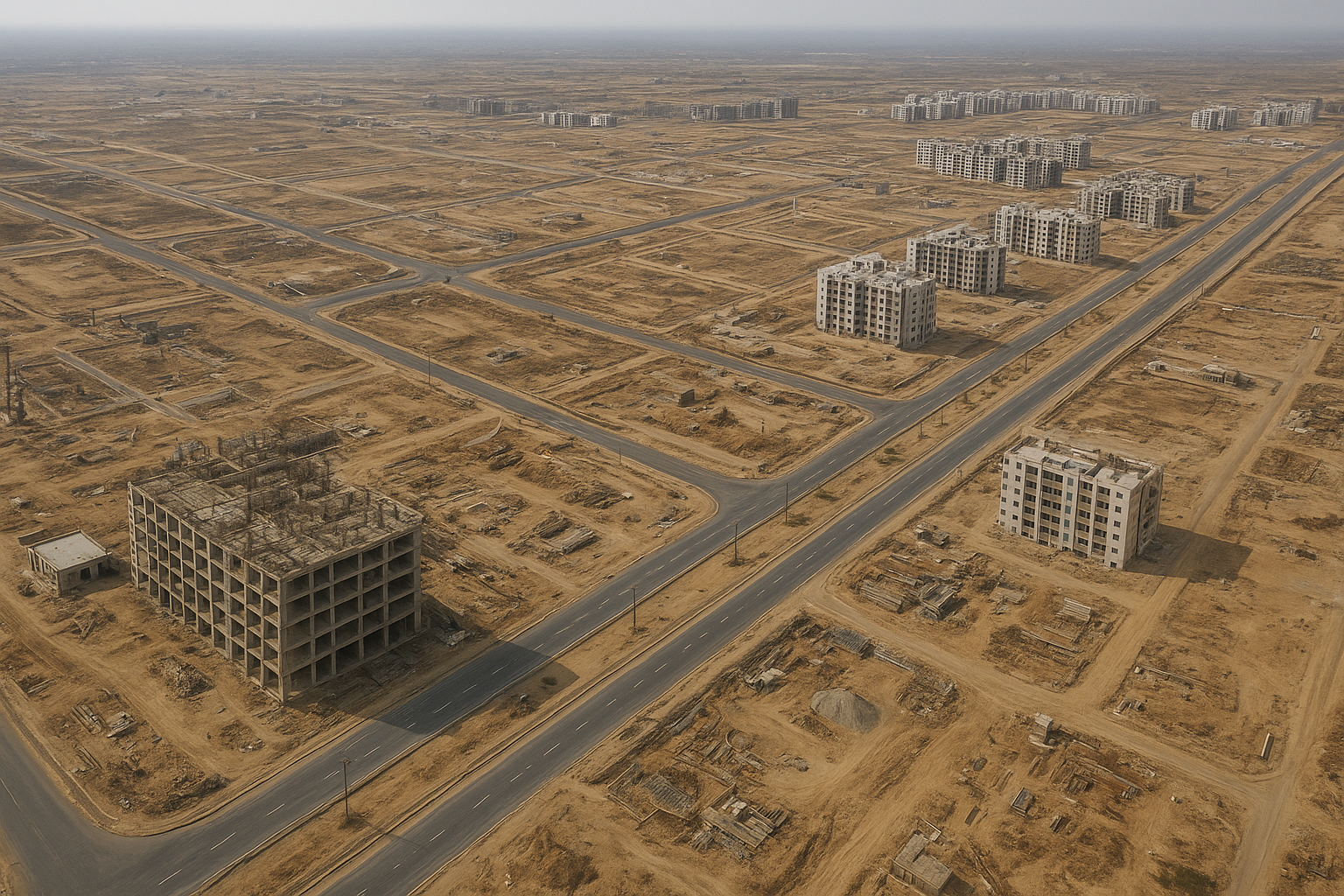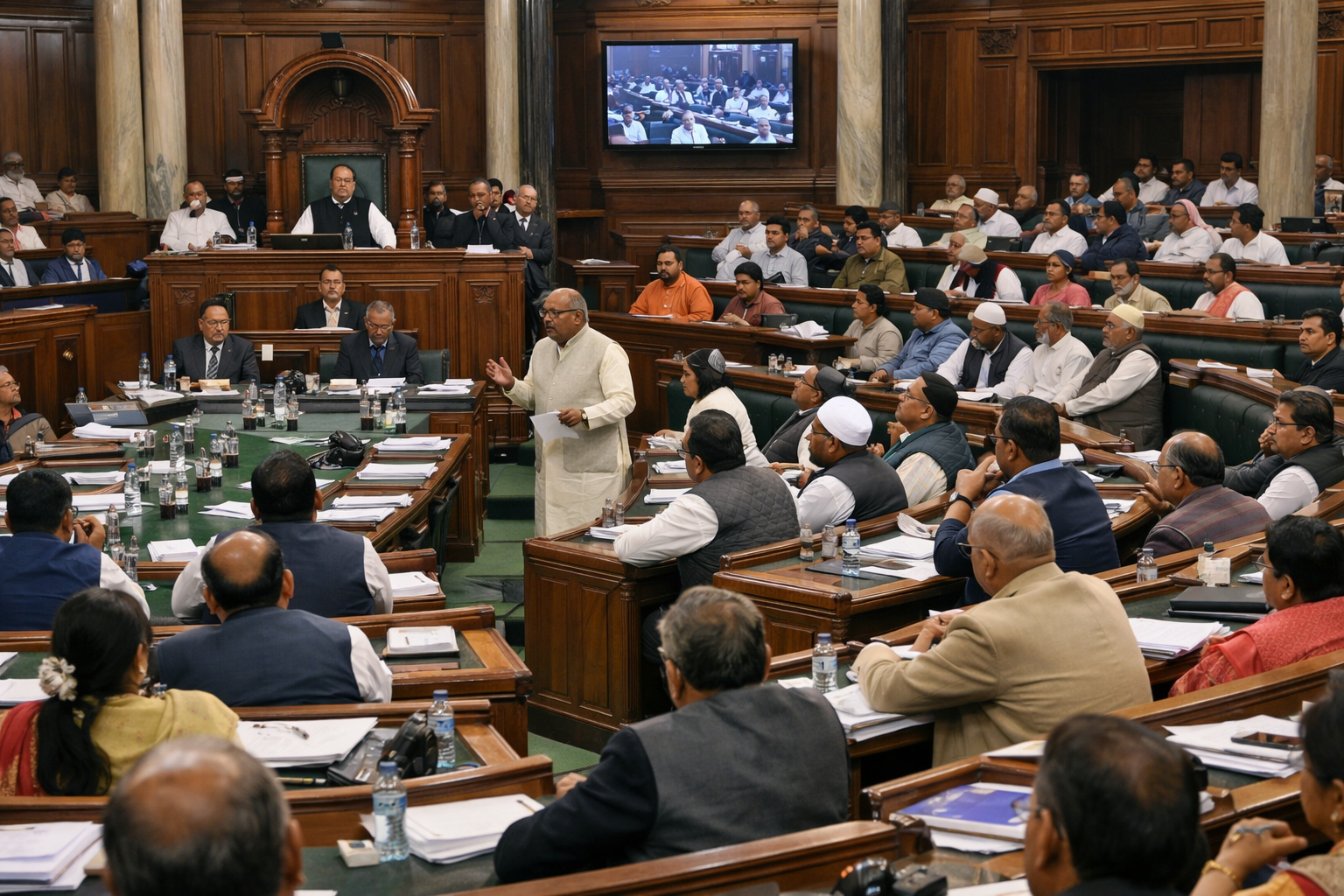Foreign Firms Look to Build Homes for Employees in Dholera
Japanese and Taiwanese semiconductor and electronics companies are planning dedicated housing corridors in Dholera, Gujarat to accommodate expatriate workers at Tata’s upcoming chip fabrication (“fab”) facility. These developments signal growing investment in India’s semiconductor ecosystem and efforts to build infrastructure for global talent.
Dholera’s Rise as India’s Chip City
As India scales up its semiconductor manufacturing ambitions, Dholera Special Investment Region (SIR) has become central to this strategy. Tata Electronics is building one of India’s first largescale chip fabs there. To support the workforce both local and foreign housing and other residential facilities are becoming essential parts of the planning.
What’s Planned for the Expat Housing Corridors
Here are the key points about the housing corridors and related infrastructure:
- Who’s involved: Japanese and Taiwanese electronics/semiconductor firms are leading the initiative. Expat employees working at Tata’s fab will benefit.
- Housing corridors: These will be country-specific residential zones designed for comfort, cultural familiarity, and amenities tailored to international professionals.
- Existing housing units: Already, plans are in motion for about 1,500 serviced apartments around the fab area some are completed or nearing completion. These will house expats, Tata staff, and supplier employees.
- Tata’s fab timeline: The fabrication unit under Tata is set up in Dholera, and its operations are expected to ramp up in the coming years. The housing plan complements the fab’s schedule.
What Developers & Companies Say
According to real estate and infrastructure developers involved, this is more than just housing it’s about creating a global-standard ecosystem. A senior representative from one of the Japanese delegations said that well-planned residential zones with modern amenities will help attract and retain the international talent necessary for semiconductor work.
Local planners believe these corridors will also bring investment in schools, hospitals, retail, and connectivity as part of the overall support infrastructure for the fab. This helps not just expat staff, but the larger community too.
Impacts of Building Housing for Expat Employees
- Global talent retention: Providing comfortable, culturally familiar housing can reduce relocation friction and retain key foreign expertise.
- Boost to local economy: New housing, amenities, and infrastructure will create jobs and improve services in Dholera.
- Semiconductor competitiveness: India’s chip ambitions depend heavily on not just factories, but also human resources and quality of life for workers. Housing is crucial.
- Urban development: The residential planning could lead to more integrated urban planning in Dholera, raising standards of smart city infrastructure and livability.
Things to Watch as the Plan Unfolds
- Finalisation of designs and amenities in these housing corridors how they integrate local culture and international preferences.
- Timeline of construction completion, including serviced apartments and other facilities.
- Policies from central and state government to support these housing projects permissions, infrastructure, utilities.
- How the housing projects tie in with transport, health care, education, and other social infrastructure.
- Possibly more such corridors in other semiconductor hubs as India pushes to scale up its chip manufacturing capacity.
Housing Is as Important As Chips in Dholera’s Vision
While Tata’s fab in Dholera is a major step for India’s semiconductor aspirations, the plan for housing corridors for Japanese and Taiwanese expats shows a more holistic approach. Infrastructure, amenities, and livable spaces are essential for turning Dholera into not just a chip city, but a thriving ecosystem for global talent and local growth alike.



